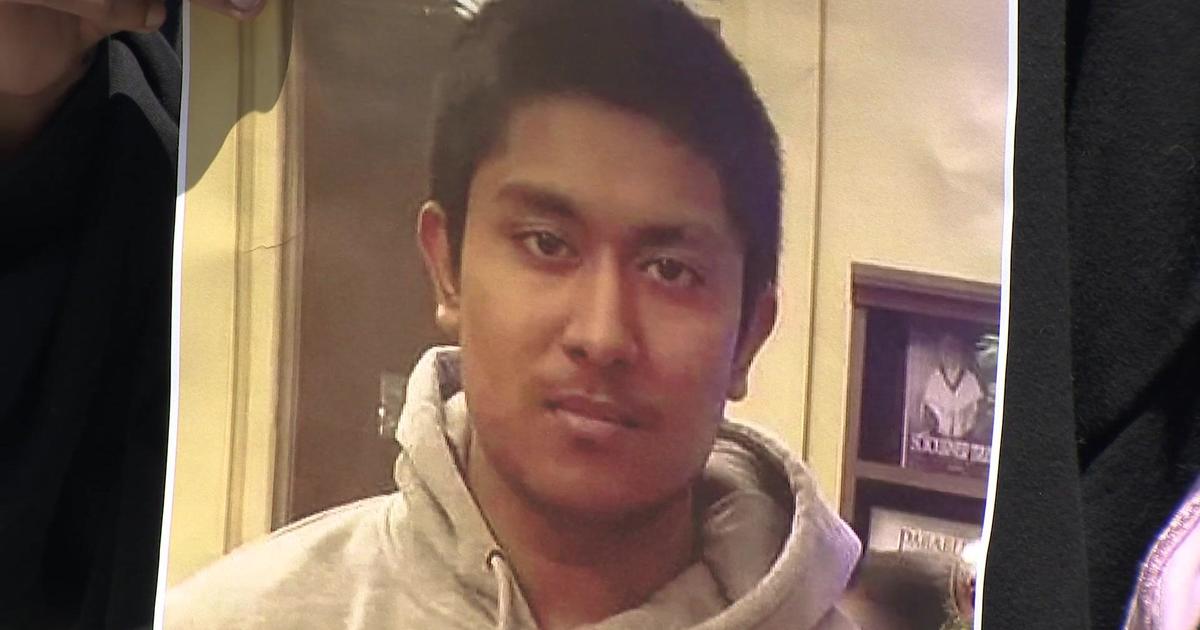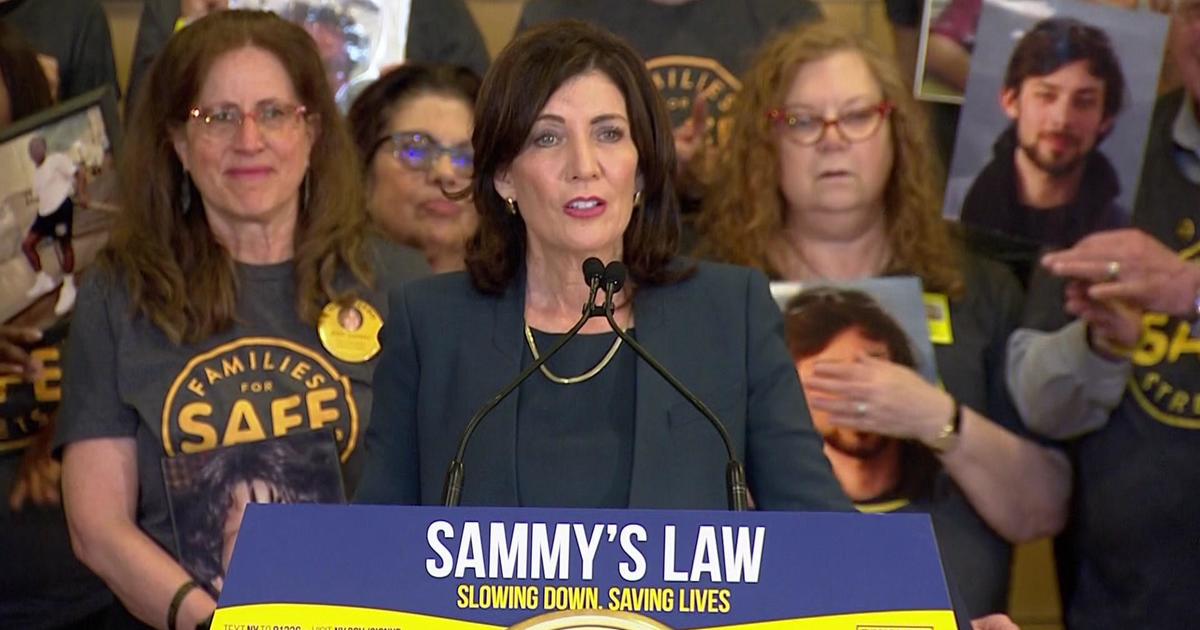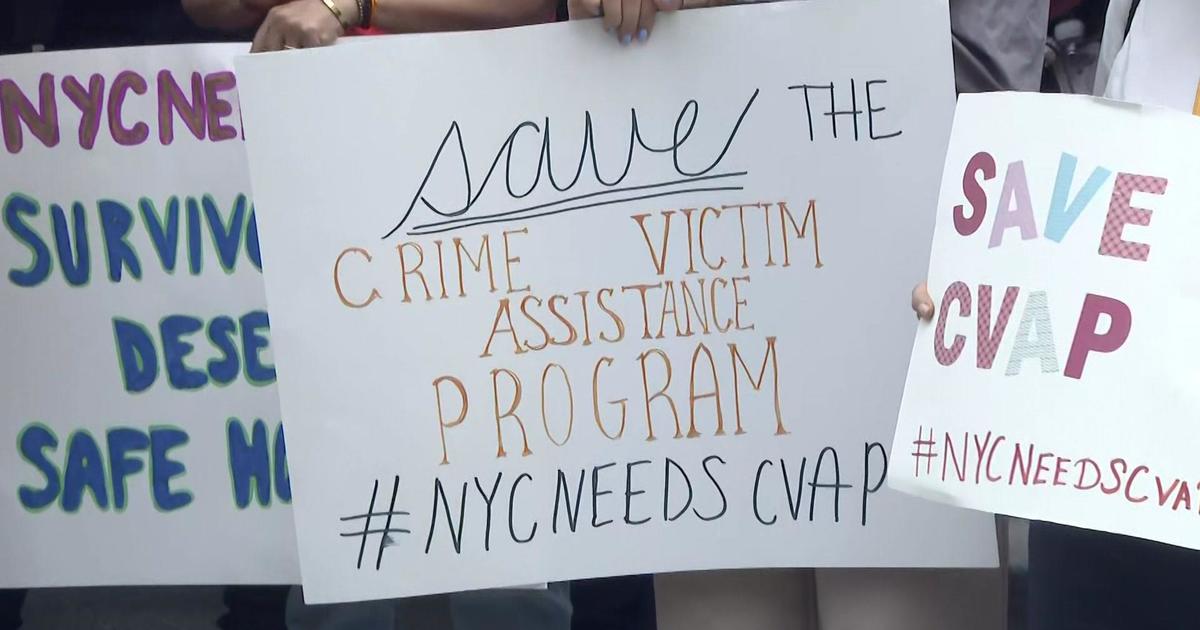Iconic Newsmaker #7: Mario Cuomo
A liberal lion and magnificent orator, Mario Cuomo was as much known for his consideration of a presidential run as he was the stewardship of New York. A three-term governor, his mark on the people he swore to serve is indelible and his legacy, personal.
⇒Complete 1010 WINS Iconic New York Series⇐
Early Life
A Roman-Catholic Queens boy, Mario Cuomo was born to immigrant parents in 1932. The couple, who heralded from Naples and did not speak English, relied on Cuomo to help them navigate life in New York. The family lived in culturally-diverse South Jamaica and Cuomo would later reference his early stomping ground as pivotal to his understanding of the New York City melting pot.
Cuomo was poised to be a baseball player. Baseball was his first love and career choice. He signed a contract with Georgia's Class D Brunswick Pirates in 1952 for a hefty signing bonus. A fast ball to the head left Cuomo completely blind for one solid, frightening week. Fearing further injury, he left his dream of the pros in the diamond's dust. Never one to cry over spilled milk, he moved on to a career practicing law.
Early Prejudice
Cuomo graduated at the head of his class at St. John's Law School, acing him a job as confidential assistant to Adrian Burke, a judge with the New York State Court of Appeals. His work with Judge Burke gave him a rich, substantial background which would serve him in later years when, as governor, he would be tasked with appointing judges to that body.
Cuomo began considering next steps, attempting to amp up his law career with a stint at a prestigious Manhattan firm. The rejection letters flowed despite his prior achievements. Cuomo speculated that his clear ethnicity and Queens accent were to blame. This view would color much of his future dealings with lawmakers, giving him a sixth sense for sniffing out prejudice and elitism.
Cuomo went on to work for a Brooklyn law firm which served as his bridge to public life.
Early Political Reach
Cuomo entered elective politics in 1974 at the age of 42 as the Democratic Party's choice for lieutenant governor. He lost the election, but stayed in the game as secretary of state at the appointment of Hugh Carey, a fellow alumnus and congressman from Brooklyn. Impressed by Cuomo's leadership skills over rent disputes for Co-op City tenants and land disputes affecting an upstate New York Mohawk tribe, Carey urged him to make a run for the mayoral primary against Ed Koch and feminist leader Bella Abzug. Cuomo came within one percentage point of Koch who would go on to win the divisive campaign.
Cuomo made a reach for the governorship in 1982, again facing off against Koch in the primary. This time Cuomo was intent on winning. He campaigned vigorously, relying heavily on a cadre of supporters which included state party leaders and union heads and made much of Koch's unpopularity in upstate New York. Up against Republican business leader Lewis E. Lehrman in the general election, Cuomo's early instincts about elitists reasserted itself and may have helped him nab the election. Cuomo made much of Lehrman's wealth during the campaign, even commenting on an expensive watch he wore during a televised debate. Cuomo won the election handily, and a governor was born.
A Man of the People
Urging New Yorkers to "Pray that we all see New York for the family that it is," Cuomo took office infused with new ideas and contagious enthusiasm.
Early on, his veto of the death penalty in New York State would define much of his governorship, although in later years, he was known to lament his inability to coalesce with any one particular cause as an earmark of his legacy.
He worked hard on behalf of New Yorkers, bemoaning the fact that his idealist leanings could not always come to the fore. He shocked union leaders through his attempt to reduce the deficit by cuts in state payroll and increasing taxes, and stunned church officials by stating that women could be supported to have the right to an abortion -- despite his own anti-abortion leanings.
His stand against President Reagan was well documented and defined by a speech delivered at the Democratic National Convention, castigating the president for turning his back on Americans who were struggling to make ends meet. A fine spokesman for liberals, Cuomo over-shone Democratic nominee Walter Mondale, creating his own "Will he run" mystique.
Cuomo's waffling about seeking the presidential nomination would become a recurrent theme of his political life,crystallizing in 1991 when he sat for hours in a plane on the tarmac, unable to decide if he would go to New Hampshire to pay the $1,000 filing fee required to put his name on New York's Democratic presidential primary ballot. The plane never took off and his decision was to remain governor, where he felt he could do the most good.
Legacy
Cuomo served three terms as New York governor. During that time, he closed Long Island's Shoreham Nuclear Power Plant and advocated for ethics regulations that would protect New Yorkers. A family man, he was a shining example to son Andrew, who would follow in his father's rather large footsteps and go on to serve New Yorkers as its governor. Cuomo's career was marked by wins and losses, but at its heart, was always led by honesty, integrity and grit.
Cuomo died at his home surrounded by family on January 1, 2015. He was 82.
⇒Complete 1010 WINS Iconic New York Series⇐
Corey Whelan is a freelance writer in New York. Her work can be found at Examiner.com.




